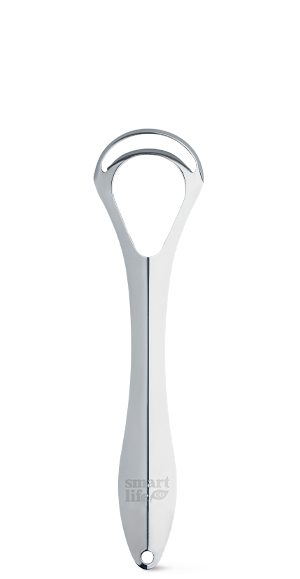As the threat of climate change becomes increasingly urgent, understanding our carbon footprint — the total greenhouse gas emissions caused by our actions — is crucial for anyone looking to make a positive environmental impact.
This concept highlights the critical role of personal responsibility in combating global warming. Adopting eco-friendly habits, such as using an environmentally friendly toothbrush or carpooling, offers a straightforward path for individuals eager to reduce their mark on the planet.
What Exactly is a Carbon Footprint
Imagine starting your day: You brew coffee in a single-use pod, commute to work in a gasoline-powered car, and grab lunch packaged in plastic. These seemingly small actions contribute to your carbon footprint, the sum of all greenhouse gas emissions resulting from your daily habits and choices. This footprint is a personal ledger of how your lifestyle impacts the planet, encompassing everything from the energy you use at home to how you travel and the food you consume.
Every flick of a switch, mile driven, or meal consumed can add to this footprint, not to mention the indirect emissions from producing, transporting, and disposing of goods we use daily. Recognizing the elements of your carbon footprint is the first step towards minimizing it, guiding you towards more sustainable decisions with a significant impact.
Reducing Carbon Footprint through Transportation
Transportation is a significant contributor to individual carbon footprints. Opting for public transit, cycling, or walking can drastically reduce this.
Electric and hybrid vehicles offer a cleaner alternative to traditional gasoline-powered cars, aligning with efforts to diminish emissions. Carpooling and ride-sharing stand out as practical, eco-friendly choices for reducing the number of vehicles on the road, thereby lowering individual carbon emissions.
Sustainable Living at Home
Home energy use significantly impacts our carbon footprint. Switching to energy-efficient appliances and lighting can reduce emissions and energy bills. Solar panels and other forms of renewable energy further reduce reliance on fossil fuels.
Smart home technologies help manage energy consumption effectively, and improvements in home insulation and energy-efficient windows can dramatically decrease heating and cooling needs.
Eco-Friendly Diet and Food Choices
The food we eat also plays a role in our carbon footprint. Meat consumption has a high environmental cost due to the resources needed for livestock farming. Adopting a plant-based diet can significantly reduce one's carbon footprint.
Choosing locally sourced and organic foods minimizes the emissions associated with food transportation and production. Reducing food waste and engaging in composting further lessen environmental impact.
Sustainable Shopping and Waste Reduction
Sustainable shopping habits can make a big difference. Opting for products that last longer and are made from renewable material, like a natural bamboo toothbrush, reduces the need for frequent replacements and minimizes waste. Recycling and reusing items, avoiding single-use plastics, and choosing eco-friendly packaging are all practices that contribute to a lower carbon footprint.
Engaging in Eco-Friendly Community Initiatives
Participation in local environmental groups and community gardens and supporting sustainability policies and initiatives amplify individual efforts. Volunteering for local clean-up drives and tree-planting activities fosters a sense of community while contributing positively to the environment.
Offsetting Your Carbon Footprint
Carbon offsetting is a way to compensate for emissions by funding equivalent carbon dioxide-saving projects. These projects range from reforestation to renewable energy initiatives. Selecting credible carbon offset programs ensures that your contributions have a tangible impact on combating climate change.
How SmartLifeco. Contributes to Reducing Carbon Footprints
SmartLifeco. stands at the forefront of companies making a tangible difference in reducing carbon footprints. By offering environmentally friendly oral care products like the natural bamboo toothbrush and straw wheat floss picks, and with plans to restore over 100,000 acres of land by planting trees across the Pacific Northwest, SmartLifeco. not only reduces plastic waste but also educates consumers on the importance of making sustainable choices. This demonstrates how businesses can lead by example in the fight against climate change through its commitment to eco-friendly practices.
Smart Choices Can Reduce Your Carbon Footprint
The journey to reducing one's carbon footprint starts with understanding its components and recognizing the power of individual actions.
Whether choosing an environmentally friendly toothbrush over a plastic one, opting for public transportation, or investing in energy-efficient home improvements, every eco-friendly choice contributes to a more significant global impact. Companies like SmartLifeco. play a crucial role in this transition, offering sustainable alternatives that align with an eco-conscious lifestyle.






